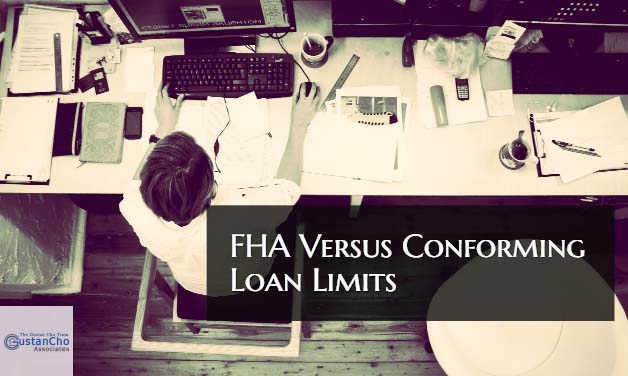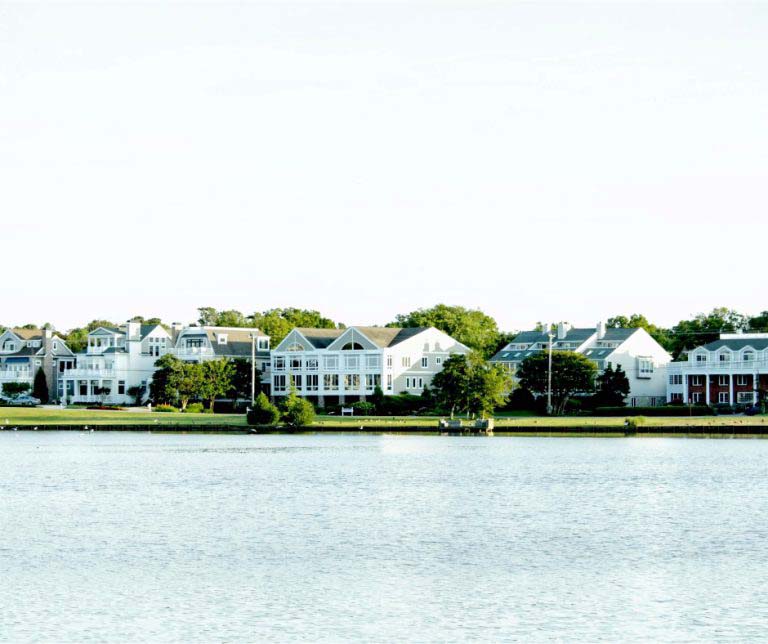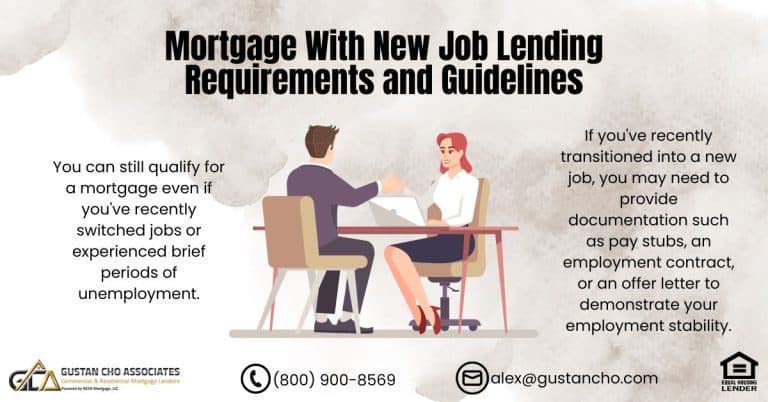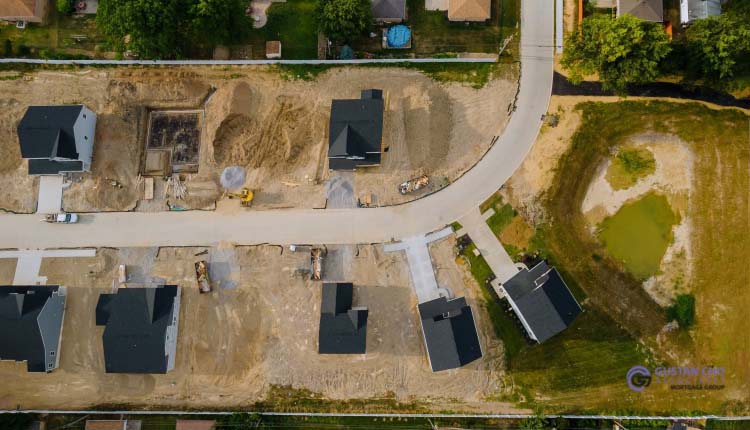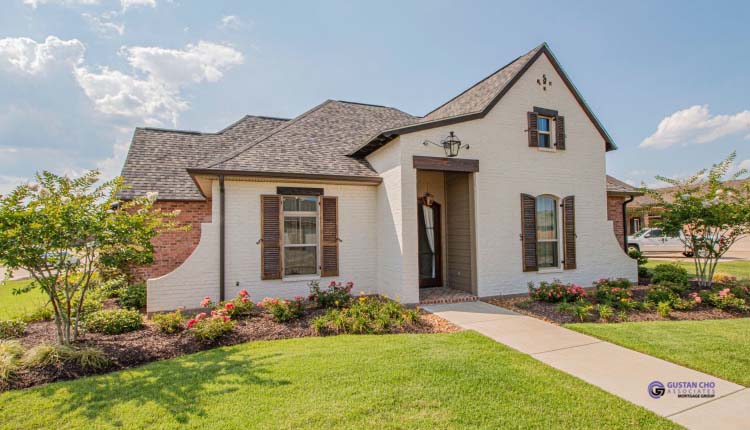This guide covers FHA versus conforming loan limits on home purchase and refinance transactions. FHA versus conforming loan limits on home purchase can often become confusing because the maximum loan limit is always higher on conventional loans versus FHA loans: New FHA and conforming loan limits become effective in the begining of every year. FHA loan limit for 2024 became effective January 2024. FHA Loan Limits are higher in high cost area due to higher housing prices. High cost areas like many counties in the state of California. High Cost FHA Loans increased loan limits depending on the county.
HUD Increased FHA Loan Limits Due To Rising Home Prices
HUD, the parent of FHA, increased FHA loan limit every year due to rising housing prices nationally: Put restrictions on home buyers who qualified for higher priced homes and the only way they would qualify. Buyers of higher priced homes with larger caps on loan amounts need to go with conventional mortgage financing. FHA loans are not just for borrowers with bad credit.
FHA loans are for those with higher debt-to-income ratios and borrowers who cannot document income and non-occupant co-borrowers.
HUD, the parent of HUD, only requires home buyers to only put a 3.5% down payment for borrowers with at least a 580 credit score for a home purchase. Due to FHA loan limits, the maximum loan amount a home buyer can borrow is $498,257 on home purchases unless the subject property is located in a high cost area. High-balance FHA loan limit for 2024 is capped at $1,149,825 for 2024 on single family homes. Speak With Our Loan Officer for Mortgage Loans
HUD, Fannie Mae and Freddie Mac Mortgage Guidelines
FHA (Federal Housing Administration) and conforming loan limits are two different guidelines that determine the maximum amount of money that can be borrowed to finance a home purchase.
FHA Loan Limits
The Federal Housing Administration insures FHA loans, typically aimed at borrowers with lower credit scores or smaller down payments. FHA loan limits vary by county and sometimes by metropolitan area. The median home prices influence these limits in each area. FHA loan limits are lower than conventional ones, making them more accessible to buyers looking for lower-priced homes or those with less upfront cash for a down payment.
Conforming Loan Limits
Conforming loans are mortgages that adhere to Fannie Mae and Freddie Mac guidelines, two mortgage giants known as GSEs (government-sponsored enterprises). The role of Fannie Mae is to buy and sell mortgage loans in the secondary mortgage market. Freddie Mac is to keep Conforming to loan limits set by the Federal Housing Finance Agency (FHFA), which sets the city the maximum loan that Fannie Mae and Freddie Mac can guarantee. These limits also vary by county and are based on median home prices. However, conforming loan limits are generally higher than FHA loan limits, allowing borrowers to finance more expensive properties with these loans. In the following paragraphs we will cover key differences between FHA and conforming loan limits.
Credit Requirements
FHA loans are more lenient when it comes to credit requirements compared to conforming loans.
Down Payment
FHA loans typically require lower down payments than conforming loans, making them more accessible to buyers with limited savings.
Mortgage Insurance
FHA loans require mortgage insurance premiums for the life of the loan, while conforming loans may require private mortgage insurance (PMI) until a certain loan-to-value ratio is reached.
Loan Limits
Conforming loan limits are generally higher than FHA, allowing borrowers to finance more expensive properties with conforming loans. Ultimately, the choice between an FHA loan and a conforming loan depends on the borrower’s credit score, down payment amount, and the cost of the home they wish to purchase. Prospective homebuyers need to understand the differences between these loan types and work with a knowledgeable lender to determine which option best suits their needs.
What Happens If Homebuyer Needs To Borrow More Than The FHA Loan Limits
Home buyers needing mortgage greater than $498,257 are now forced to pursue conventional loans or non-qm loans: FHFA, the Federal Housing Finance Agency increased conforming loan limits effective January 2024. The maximum conforming loan limit is capped at $766,550. However, conventional loan programs are much tougher to qualify for than FHA Loans.
Pros & Cons With FHA Loans Versus Conventional Loans
Many more mortgage applicants qualify for FHA Versus Conventional loans. For example, to qualify for a FHA loan after a foreclosure, the waiting period is 3 years from the recorded date of the foreclosure whereas with a conventional loan, a conventional loan borrower cannot qualify for a conventional mortgage loan after 7 years from the recorded date of their foreclosure.
With FHA loan programs, there is a minimum two year waiting period after the discharge date of a bankruptcy. You need to wait four to seven years from the discharge date of a bankruptcy to qualify for a conventional mortgage loan.
Maximum debt to income ratios for FHA loan programs is 56.9% DTI. For conventional loans, most conventional loan programs cap the debt-to-income ratios at 45% DTI. FHA loan programs allow for non-occupant co-borrowers. Click Here to Apply For Mortgage Loans
Non-Occupant Co-Borrowers
Conventional loan programs with Fannie Mae do allow for non-occupant co-borrowers. Freddie Mae and Fannie Mae will allow non-occupant co-borrowers who are not related to the main borrower by law, marriage, or blood. Freddie Mac and Fannie Mae allow for multiple non-occupant co-borrowers. VA only allows co-borrowers who are married to veteran borrowers. FHA requires for non-occupant co-borrowers to be related to main borrowers by law, blood, marriage. FHA allows multiple non-occupant co-borrowers.
FHA Versus Conforming Loan Limits and Seller Concessions
FHA loan programs allow up to 6% in sellers concessions towards a buyers closing costs. VA allows up to 4% sellers concessions. Conventional loan programs caps sellers concessions towards a buyers closing costs at 3% on primary and second home conventional financing. Conforming Loans cap sellers concessions to 2% on investment properties. FHA loan programs allows up to 100% gift funds from a family member for down payment. Conventional loan programs gift funds towards the home buyers down payment depends on the lender. Borrowers needs to come up with most of the down payment from their own funds with conforming loans.
Down Payment Mortgage Guidelines
FHA loans only require 3.5% down payment on multi unit properties: Conventional Loans require at least 15% of down payment on multi unit properties. Minimum credit scores for 3.5% down payment FHA loans is 580. To qualify for a conventional loans, the bare minimum credit score is 620. Minimum down payment requirement is 5% down payment on single family homes. However, for conventional loans, credit score is extremely important. 620 credit score is considered a very low credit score for a conventional loan. Those with a 620 credit score will be paying a higher mortgage rates. To get the best conventional mortgage rate, borrowers will need a 740 credit score.
Mortgage Insurance Premium For FHA Versus PMI For Conventional Loan
One major disadvantage of FHA loan programs over Conventional mortgage loan programs is mortgage insurance. HUD, the parent of FHA, charges an upfront mortgage insurance premium of 1.75% of the mortgage loan amount. This one time upfront mortgage insurance premium is normally rolled into the balance of the FHA loan. Also, FHA charges a 0.85% annual FHA mortgage insurance premium throughout the life of 30 year fixed rate FHA loans. The annual FHA mortgage insurance premium is reduced to 0.45% of the FHA loan balance amount for those who can put a 10% down payment and choose a 15 year fixed rate FHA loan.
Private Mortgage Insurance Guidelines on Conventional Loans
Conventional mortgage loan programs do not require private mortgage insurance premium for home buyers who can put a 20% down payment on their home purchase or those who refinance mortgage loans with at least 20% equity in their homes. However, mortgage insurance premium is required for homeowners with less than 20% equity. However, private mortgage insurance premium can be much less than FHA’s mortgage insurance premium for borrowers with higher credit scores
Private mortgage insurance premium can be cancelled once the homeowner has at least 20% equity in their homes. With FHA loan programs, the mortgage insurance premium is charged throughout the life of the 30 year FHA loan.
The only way of eliminating paying the FHA mortgage insurance premium is by paying off the FHA loan off by selling the home or refinancing it to conventional loan. Many homeowners who see an appreciation of their homes can refinance their FHA to a conventional loan. They can eliminate their annual FHA loan mortgage insurance premium.
Lender Paid Mortgage Insurance
There is another program called Lender Paid Mortgage Insurance. LPMI is where there is no private mortgage insurance required for those conventional borrowers with less than 20% equity in their homes. The Lender Paid Mortgage Insurance program is called LPMI. LPMI is offered by many lenders. In lieu of a higher rate, borrowers does not have to pay private mortgage insurance on their conventional mortgage. The is also a one time upfront private mortgage insurance program on conventional loans. By paying a one time upfront private mortgage insurance premium, they can avoid paying monthly PMI.
Cases Where FHA Versus Conforming Loan Limits Is Only Option
There are situations where a home buyer can only go with conventional versus FHA loan programs is not an option. If buyers are a condominium home buyer and the condominium complex is not FHA approved, they cannot get a FHA loans. Conventional loans is only option if condo buyer is dead set in purchasing the non FHA approved condominium.
Other cases where a FHA loan is not an option is when buyers want to purchase a home that exceeds FHA loan limits. As mentioned earlier, unless the property is in a high cost area, FHA loan limits mortgage guidelines is set at $498,257.
For Conventional programs, conventional mortgage limits has not changed and is currently at $766,550. Home Buyers who need to qualify for mortgage with a direct lender with no overlays on government or conventional loans can contact us at Gustan Cho Associates at 800-900-8569 or text us for a faster response. Or email us at gcho@gustancho.com. We are available 7 days a week, evenings, weekends, and holidays. Talk to Us About Your Mortgage Loans
This BLOG On FHA Versus Conforming Loan Limits Was UPDATED on March 14th, 2024.


